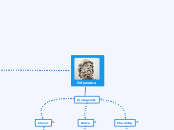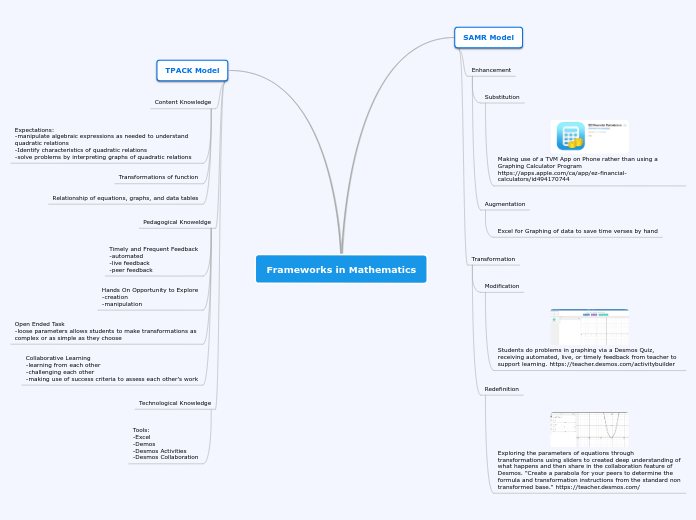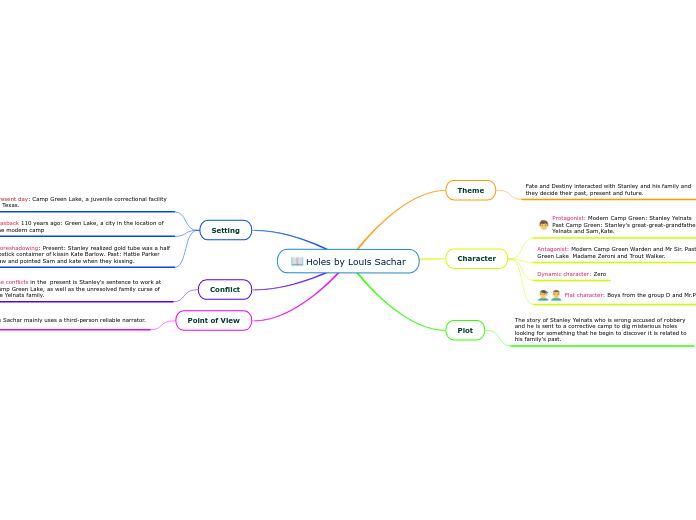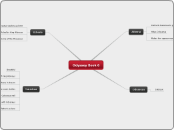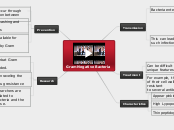External Conflict
Book XIII (Lines 409-470)
These lines gives a quick rundown on the adventure as told by Odysseus and they give the best example about all of the obstacles that he had to overcome. Most of the story shows more of an external conflicts from Poseidon to Circe/Sirens and Scylla/Charybdis. Odysseus had many obstacles that were created from his own mistake of giving Polyphemus his true name and giving the ammo for Poseidon to punish Odysseus as a result.
Internal Conflict
Tablet XI (Lines 313-322)
The quote from Gilgamesh as he rants to Ur-Shanabi basically saying what can he do now. That after everything that he's experienced, there is no way that he can return home empty-handed. From this reaction alone, Gilgamesh exhibits his own personal struggles that his death is imminent. Eventually he would die and the thought of death scared him into finding the impossible method of obtaining immortality. His own internal conflict with death was his main flaw that caused his own unfortunate events.
Dynamic Character
Book IX (Lines 500 - 504): 'Cyclops, if anyone, any mortal man, asks you how you got your eye put out, tell him that Odysseus the marauder did it , Son of Laertes, whose home is on Ithaca.'
Book XXIV (Lines 364-380): "My wife we've had our fills of trials now, You here, weeping over all the troubles My absence caused, and I, bound by Zeus To suffer far from home I yearned for.......... While I see to replenishing the flocks and herds The insolent suitors have depleted. I'll get some back on raids, some as tribute, until the pens are full again. You don't need me to tell you that when the sun rises the news will spread that I have killed the suitors in our hall. So, go upstairs with your women and sit quietly. Don't look outside or speak to anyone."
This quote shows how Odysseus has changed after his perilous journey. He is still the clever, brave, and honorable leader that is always thinking ahead but now he also learns to become more patient instead of becoming impulsive. Speaking to Penelope and telling her basically that war is coming and not to worry because he will handle everything.
Charming
Book V (Lines 215 - 220) : "Goddess and mistress, don't be angry with me. I know very well that Penelope, For all her virtues, would pale beside you. She's only human, and you are a goddess, Eternally young. Still, I want to go back."
Static Character
Tablet II (Lines 203-212): Hear me, O elders of ramparted Uruk, The one of whom they speak I, Gilgamesh, would see! The one whose name resounds across the whole world, I will hunt down in the forest of cedars. I will make the land hear How mighty is the scion of Uruk. I will set my hand to cutting a cedar, an eternal name I will make for myself!"
Tablet XI (Lines 324-332): "When they arrived in ramparted Uruk, Gilgamesh said to him, to Ur-Shanabi the boatman: Go up, Ur-Shanabi, pace out the walls of Uruk, Study the foundation terrace and examine the brickwork. Is not its masonry of kiln-fired brick? And did not seven masters lay its foundations? One square mile of city, one square mile of gardens, One square mile of clay pits, a half square mile of Ishtar's dwelling, Three and a half square miles is the measure of Uruk!"
These lines show that Gilgamesh has changed his views towards more humility and less of the arrogant outlook. Gilgamesh admires the work of the wall and it is symbolic that he is starting to appreciate the little things that most would overlook.
Fearful
Tablet IX (Lines 3-7): "Shall I not die too? Am I not like Enkidu? Oh woe has entered my vitals! I have grown afraid of death, so I roam the steppe."
Arrogant
Tablet II (Lines 203 - 212): "Hear me, O elders of ramparted Uruk, The one whom they speak I, Gilgamesh, would see! The one whose name resounds across the whole world, I will hunt him down in the forest of cedars. I will make the land hear How mighty is the scion of Uruk. I will set my hand to cutting a cedar, An eternal name I will make for myself!"
Prideful
Tablet I (Lines 55 - 65): "In the enclosure of Uruk he strode back and forth, Lording it like a wild bull, his head thrust high. The onslaught of his weapons had no equal. His teammates stood forth by his game stick, He was harrying the young men of Uruk beyond reason. Gilgamesh would leave no son to his father,"
Brave
Book X (Lines 290-293): "All right, Eurylochus, you stay here by the ship. Get yourself something to eat and drink. I'm going, though. We're in a really tight spot." ; (Lines 308-310): "Take this herb with you when you go to Circe, And it will protect you from her deadly tricks."
Clever
Book IX (Lines 360-366): "Cyclops, You ask me my name, my glorious name, And i will tell it to you. Remember now, To give me the gift just as you promised. Noman is my name. They call me Noman - My mother, my father, and all my friends, too."
Gilgamesh
Antagonist
Tablet I (Lines 75 - 81): "Day and night he rampages fiercely. This is the sheperd of ramparted Uruk, This is the people's shepherd, Bold, superb, accomplished, and mature! Gilgamesh leaves no girl to her mother! The warriors daughter, the young man's spouse, Anu kept hearing their plaints."
Self-Centered
Strong
Odysseus
Protagonist
Book I (Lines 84-86) : "Could I forget that kingly man Odysseus, There is no mortal half so wise; no mortal gave so much to the lords of the open sky"
